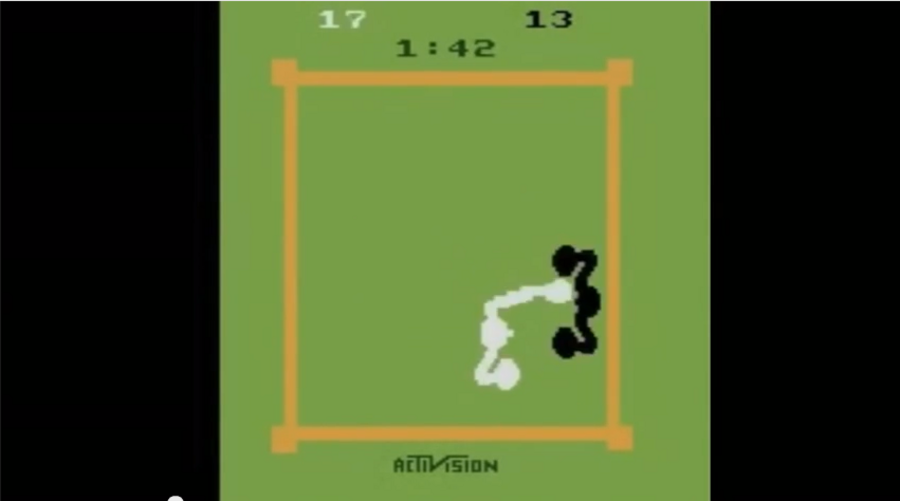While Google has had a hand in creating some of the most advanced robots of our time, the bots would be little more than movie props without the proper intelligence. This is where the metaphorical soul of a computer comes in. Software is just as important as hardware in the advancement of machines. Google knows this and has taken the liberty of acquiring and investing in a large number of companies that are in the business of advancing algorithms and machine learning. These investments range from start-ups dedicated to targeted advertising to ones that are enhancing the digital personal assistant.
Google has a large arsenal of social and business algorithm start-ups devoted to learning about its users, their tastes, and what they want from the Internet. These businesses can improve everything from image search results (DNNresearch and Plinkart) to facial recognition software (Viewdle, PittPatt, and Flutter.)
But some of the most interesting investments include Google’s attempt to take on Apple’s Siri and Microsoft’s Cortana. Google has two digital assistants: Google Now, which has destroyed its competition in tests, and Sirius for Android. (Really, Google? Siri-us?) These digital assistants did not appear from thin air. Google’s acquisition of other machine learning firms and assistants, such as Emu, Behavio, Clever Sense, Expect Labs, and others, likely contributed to the foundation of its final version of Google Now and Sirius.
Deep learning
“Deep learning” is the biggest buzz phrase in the budding artificial intelligence community. As CCTV America puts it, the term “refers to computer algorithms designed to mimic human brain activity." Google’s collection of deep learning companies is too broad for this lone article to explain (some of the investments already named actually use this kind of AI), but here are a few standouts.
Many perked up their ears when Google acquired the intelligent home appliance maker Nest for $3.2 billion. The company is helping bridge the gap to creating the "smart home" with its learning appliances, such as its smart thermostat and smoke alarm. These intelligent devices have a basic form of AI that learns an owner's schedule and can do things such as turn off the AC when no one is home. Though Nest’s smart thermostat is its most well-known product, the company’s half-billion-dollar acquisition of Dropcam, a DIY security company that provides Wi-Fi video monitoring cameras and optional cloud recording to users, “scared the heck” out of some. With Dropcam and Nest, Google could potentially have access to seemingly every movement you make in your home – great for learning and catering to your habits, and for pulling back that last veil of privacy.
Clarifai's biggest claim to fame so far is its application of deep learning in video. It aims to teach computers to watch videos as a human would, looking for key details that most machines would either overlook or take too long to find. At a deep learning conference in January, Clarifai displayed how its software can recognize “10,000 different objects or types of scene,” as it demonstrated on a three-and-a-half-minute clip of an alpine landscape. The algorithm was able to detect when snow or mountains appeared separately or together, and it processed the whole video in 10 seconds.
DeepMind has been called the “Manhattan Project of AI." Since Google's estimated $400 million to $650 million acquisition of the company for its talent, DeepMind has unveiled its first project: AI that can beat you at Atari video games. DeepMind’s co-founder has called it "the first significant rung on the ladder to proving general learning systems can work."
Though this is DeepMind’s first and only product since its founding, the company has big plans for where to apply this technology. It has plans to partner with satellite operators and financial institutions to see if the artificial intelligence can be applied to more complex data sets than a 1980s video game. The creators hope the technology may one day be able to predict weather patterns or trade oil futures.
While this AI is a breakthrough in the field, it is still far from truly mimicking the human brain, but as one investor told Re/code, “If anyone builds something remotely resembling artificial general intelligence, this will be the team.”








